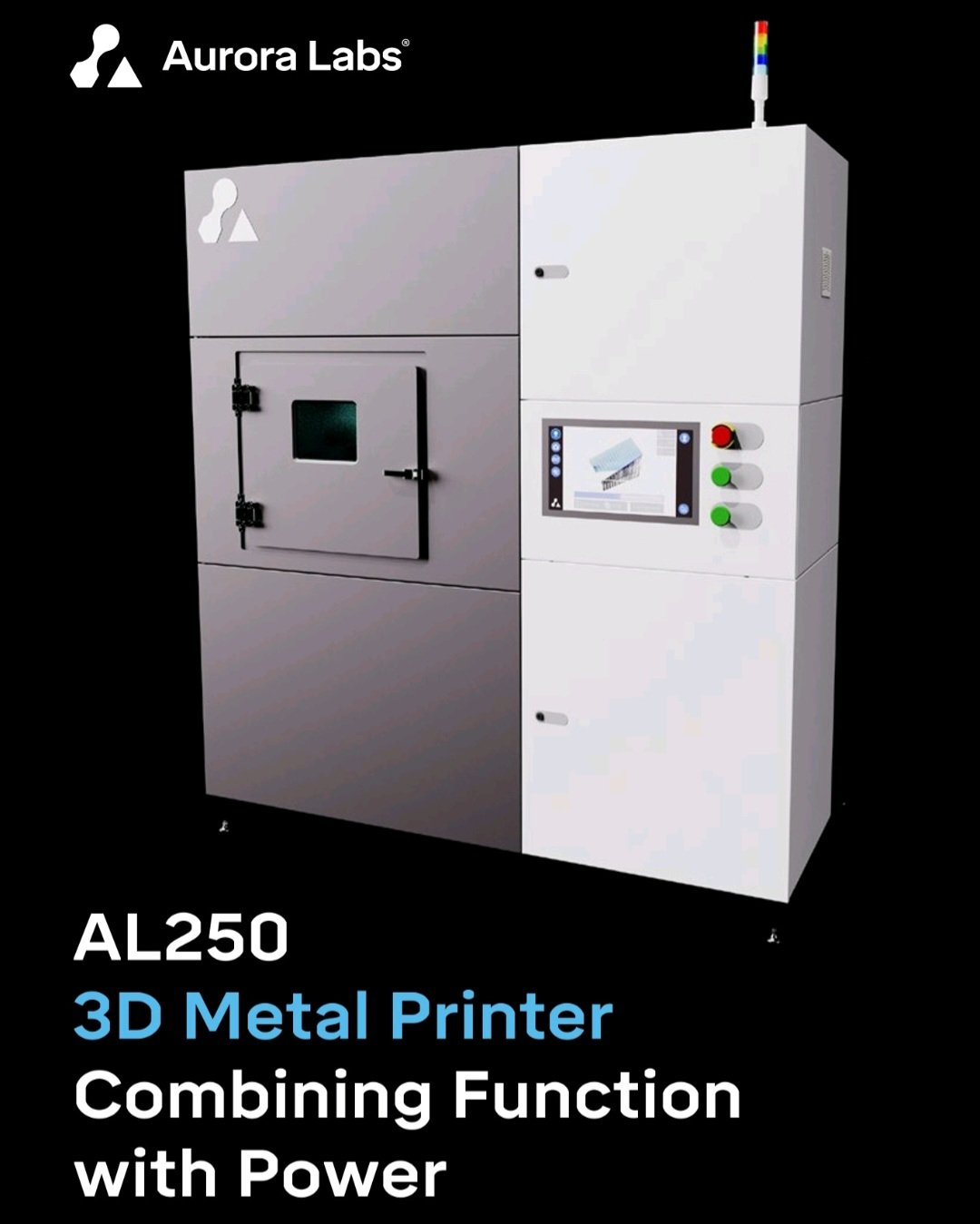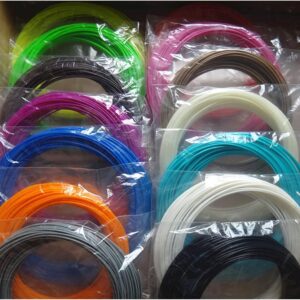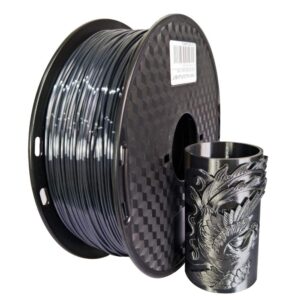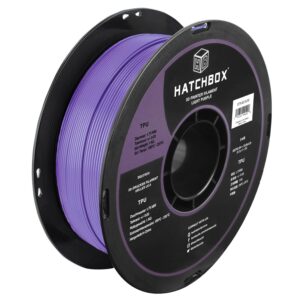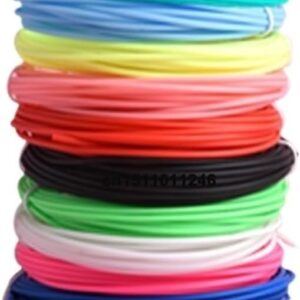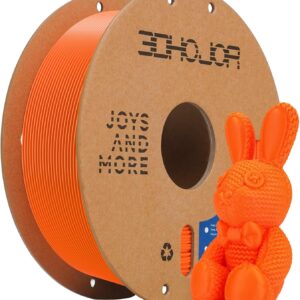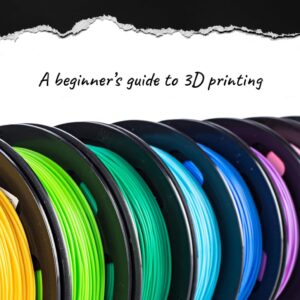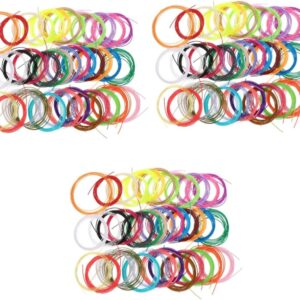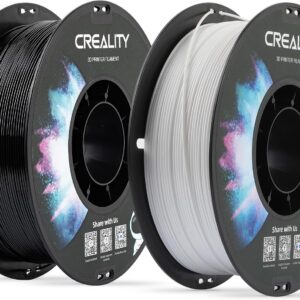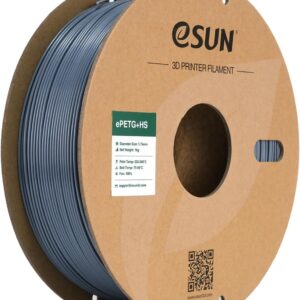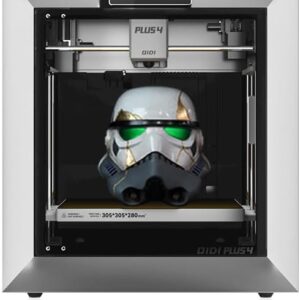Australian 3D metal printer manufacturer Aurora Labs introduced its new AL250 3D metal printer at Formnext 2023.
With this launch, the manufacturer has switched from the RMP-1 metal 3D printer to the newly launched AL250 laser powder bed melting machine (LPBF). The target market for these machines includes the defense, aerospace, oil and gas industries, engineering specialists and OEMs managing libraries of complex parts in customized production runs. Demonstrating the system’s strength and flexibility to a broader market depends on its ability to solve complex part problems through generative design and subsequent printing on the AL250.
 The AL250 metal 3D printer. Photo via Aurora Labs.
The AL250 metal 3D printer. Photo via Aurora Labs.
Vote now for the 3D Printing Industry Awards 2023.
Accelerate prototyping and production with MCP technology
AL250 technology features bi-directional powder bed recoating enabled by Aurora Labs’ patented Multi Concurrent Printing (MCP) technology. This approach serves a dual purpose: it shortens post-coating time and allows for longer laser exposure. AL250 is designed to accelerate and streamline prototyping and production processes for various industries. In particular, the aim is to offer a faster and more cost-effective way to produce customized parts or components that are typically difficult to produce using traditional methods.
The heart of the AL250’s functionality is its unique powder dispensing mechanism, which plays a central role. By conditionally heating the powder before introducing it into the recoating system, the system ensures optimal temperatures and facilitates the spread and compaction of the powder layer during construction. This careful control of powder coating consistency aims to minimize mechanical defects within parts and ensures a high quality, repeatable build.
In addition, the AL250 has a build plate heater that can reach a temperature of 200°C, expanding the possibilities for materials research. Strict environmental control processes in the AL250 enable real-time monitoring of gas flow, temperature and humidity during printing in the build chamber. The AL250 features a leading laser power of 1500W per laser, which is particularly beneficial for processing highly reflective or conductive powders such as copper. Users can effectively process a variety of powder materials by acquiring the machine’s efficient and optimized process parameters.
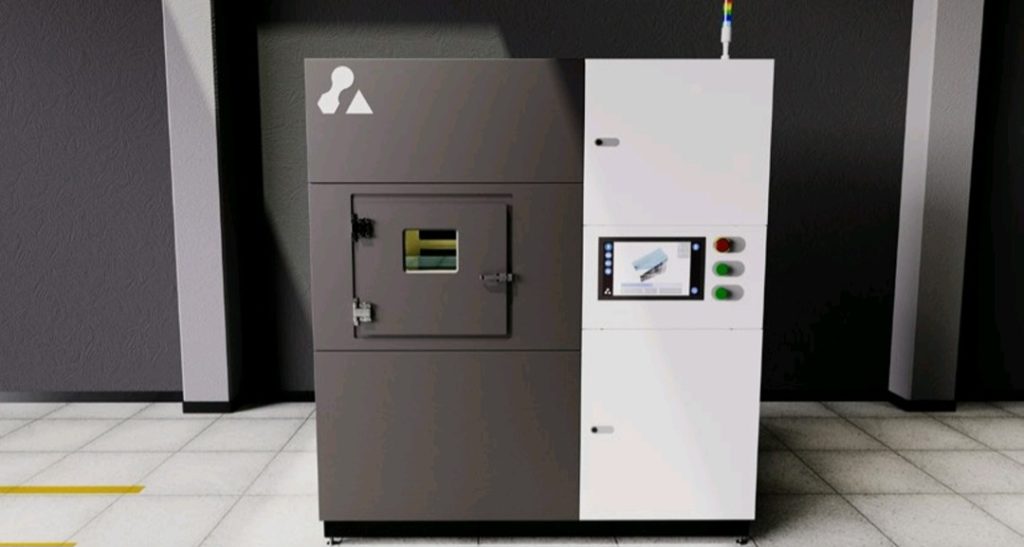 The AL250 3D printer features a user-friendly design with quick material changes and easy maintenance. Photo via Aurora Labs.
The AL250 3D printer features a user-friendly design with quick material changes and easy maintenance. Photo via Aurora Labs.
Technical specifications of the AL250 3D printer
| Create cover | 250 x 250 x 300 mm (x,y,z) |
| Layer thickness | 30 150 μm |
| Laser system options | 1500W (clockwise) |
| Maximum scanning speed | 20 m/sec |
| Spot diameter | 75-150μm |
| Laser wavelength | 1064 nm |
| Bed warming | 200°C |
| Connected load, approximate power consumption | 25A |
| Power supply | 3/n/PE AC 400V, 32A |
| Inert gas | Ar or N2 (external generator optional) |
| Dimensions | 2220 x 1300 x 2480 (WxDxH) |
| Weight | 1700kg |
| Operating conditions | 18 – 30°C |
| Post-coating systems | Variable speed recoating system |
Read all of Formnext’s 2023 3D printing industry coverage.
What does the future of 3D printing look like in the next ten years?
What technical challenges will need to be overcome in the field of additive manufacturing in the coming decade?
To stay up to date with the latest 3D printing news, don’t forget to subscribe to the 3D printing industry newsletter, follow us on Twitter or like our page on Facebook.
While you’re here, why not subscribe to our YouTube channel? With discussion, debriefings, video shorts and webinar replays.
Are you looking for a job in the additive manufacturing industry? Under 3D printing jobs you will find a selection of positions in the industry.
The featured image shows the AL250 metal 3D printer. Photo via Aurora Labs.
